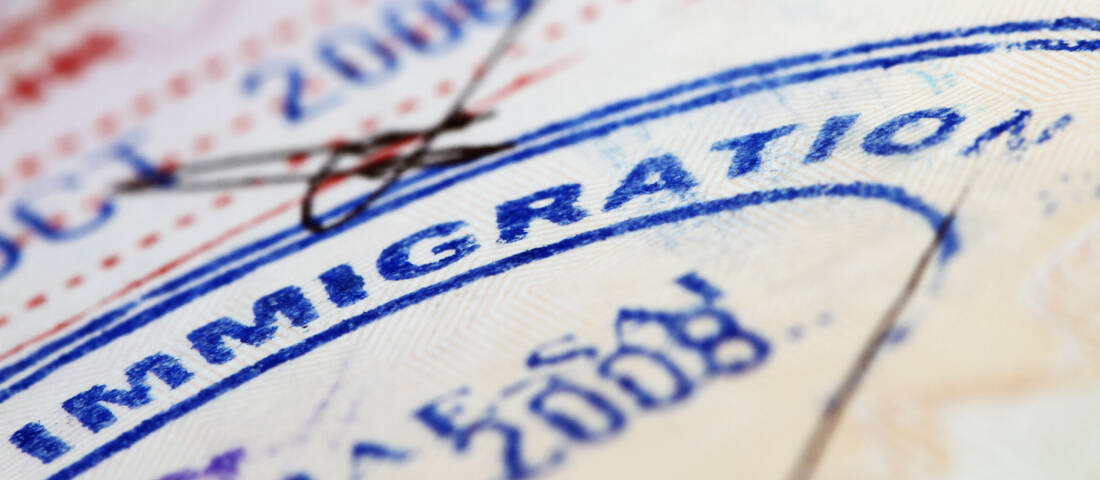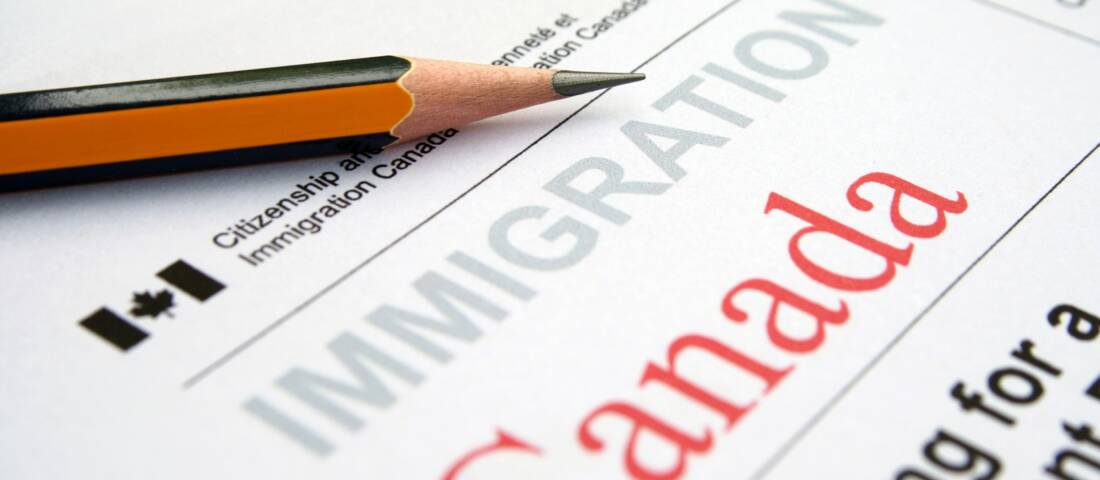As part of a new pilot program, the Federal Government is hoping to use Artificial Intelligence (AI) and Machine Learning (ML) to assist with issues in the immigration system.
AI is the concept of intelligent machines that work and react like humans. ML is a form of AI that allows the machine to learn and grow through updates of information and data.
The basis of the pilot program is to use AI and ML to aid in the researching and development of legal advice and legal risk assessment, prediction of outcomes in litigation and facilitating trend analysis in litigation.
The AI and ML would allow users to conduct exploratory data analysis of trends in immigration case law and the factors influencing these trends. As well, it will provide a solution that could be used by front-end administrative decision makers to predict litigation outcomes as a consideration in their decision-making process. AI and ML would also be used to assist in the analysis of trends in immigration law in a broad-based approach that would allow an analysis of a large volume of immigration data which could assist in the development of policy positions, program decisions, program guidance and relevant decision-making.
This pilot project is a part of the government’s goal in promoting efficiency within the immigration system. However, many individuals in the immigration system have fears that replacing humans with algorithms could pose potential human-rights issues.
The government had set a deadline of June 7, 2018 for interested parties to bid on supplying the technology needed for this program. The Government has not announced an official start date of the AI ML Pilot Project.
For more information on the use of AI and ML in the Canadian Immigration System, please click the link here: https://buyandsell.gc.ca/procurement-data/tender-notice/PW-EE-017-33462








